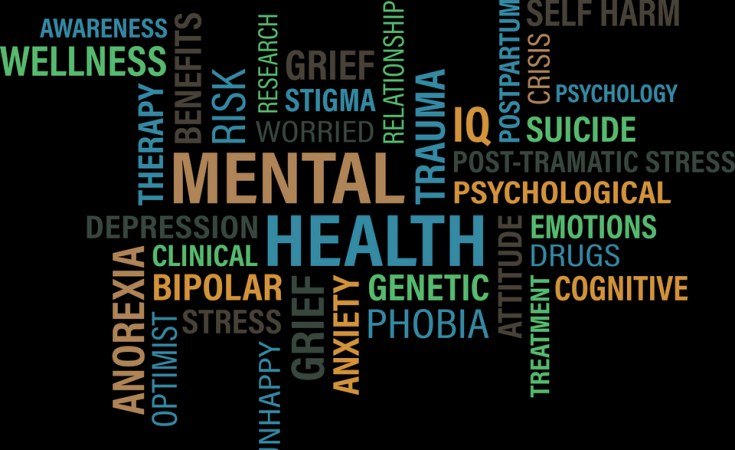The National Suicide Prevention Advocacy Working Group (NSPAWG) has called for urgent and concerted efforts to address the rising rate of suicide in Nigeria.
Members of NSPAWG and participants at a conference in Abuja on Thursday bared their minds on the triggers and the necessary support systems needed to curb the trend of suicide.
Speaking at the conference themed 'Decriminalising Suicide Attempts in Nigeria: Long Overdue', a former member of the 9th Senate, who represented Kwara Central, Senator Ibrahim Oloriegbe, emphasised the importance of Nigeria's National Mental Health Act, describing it as a crucial milestone in shaping mental health policy.
He also advocated for the decriminalisation of suicide attempts, stressing the need to provide compassion and support to individuals experiencing mental health crises.
"Suicide is not just a health issue but a societal challenge that requires action from all sectors," the former lawmaker said. "There is no vaccine for suicide; it affects us all. Everyone must play a role in prevention."
The conference, which was attended by representatives from the Police, Judiciary, and ministries, departments and agencies of government, underscored the importance of collaboration in addressing mental health and suicide prevention.
Senator Oloriegbe reflected on the challenges and successes of advocating for the mental health Bill, noting that the National Mental Health Bill, if passed into law, will mark a turning point for Nigeria's mental health landscape.
On her part, the Minister of Youth Development, Jamila Ibrahim Bio, highlighted the importance of involving Nigeria's youth in discussions about mental health and suicide prevention, emphasising that young people were disproportionately affected by the issues.
She reaffirmed the Federal Ministry of Youth Development's commitment to partnering with organisations and stakeholders to create more youth-focused mental health support systems.
Bio also called for greater awareness and the decriminalisation of suicide attempts to foster a more supportive environment for Nigerian youths.
Also, speaking at the event, the Global Patron of Lifeline International and former First Lady of Kwara State, Mrs Toyin Saraki, stressed the persistent mental health challenges in Nigeria and expressed strong support for decriminalising suicide attempts.
Saraki, deeply involved in health and development efforts in Nigeria, vowed to use her platform to advocate for urgent reforms and stronger policies to support mental health nationwide.
CEO of Lifeline International, Thilini Perera, provided an overview of the organisation's mission and its growing focus on Africa.
She highlighted Lifeline's global campaign to decriminalise suicide and emphasised the organisation's commitment to policy changes that prioritise mental health support over punishment, calling for a more compassionate global approach.
A member of the 10th Senate, Senator Asuquo Ekpenyong, represented by an aide, pointed out the urgent need for mental health reforms in economically disadvantaged regions.


